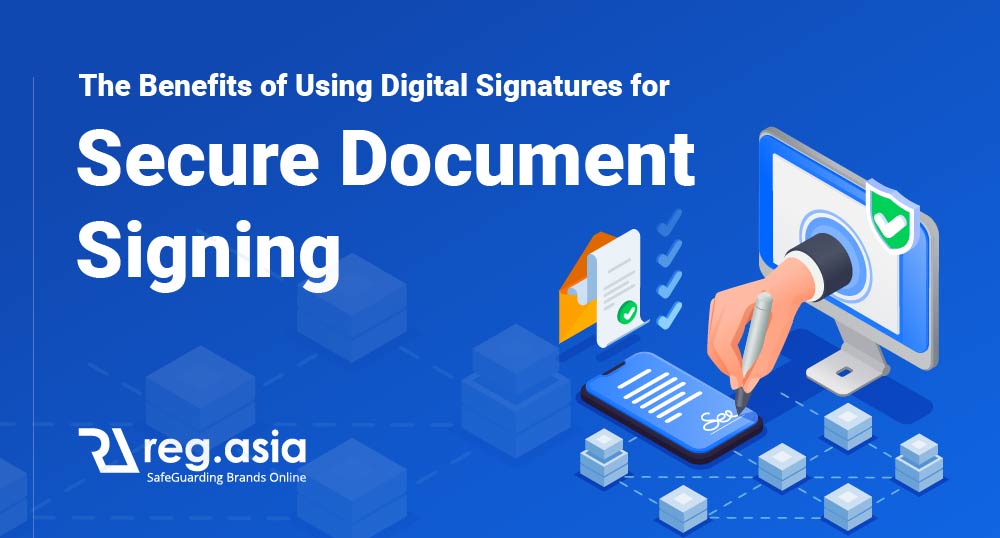The Benefits of Using Digital Signatures for Secure Document Signing

In the ever-evolving landscape of technology, traditional methods of document signing are rapidly being replaced by more secure and efficient alternatives. One such innovation that has gained widespread adoption is using digital signatures. Digital signatures offer a fast and reliable way to electronically sign documents, providing numerous benefits for individuals and businesses.

Enhanced Security
One of the primary advantages of digital signatures is the heightened level of security they bring to the document signing process. Unlike traditional signatures, which can be easily forged or tampered with, digital signatures use advanced encryption techniques to ensure the integrity and authenticity of the signed document.
Digital signatures employ a unique algorithm to create a digital fingerprint, also known as a hash, of the document’s content. This fingerprint is then encrypted using the signer’s private key, making the digital signature. The recipient can use the signer’s public key to decrypt and verify the signature, ensuring that the document has not been altered since it was signed.
This level of security is crucial for sensitive documents such as contracts, legal agreements, and financial transactions. Digital signatures provide a robust mechanism for verifying the signer’s identity and ensuring the document’s integrity throughout its lifecycle.

Streamlined Workflow
Another significant benefit of digital signatures is the streamlining of workflows. Traditional document signing processes often involve printing, signing, scanning, and sending physical copies, leading to delays and increased administrative overhead. Digital signatures eliminate these bottlenecks by enabling a fully electronic signing process.
With digital signatures, documents can be signed and exchanged in minutes, regardless of the physical location of the parties involved. This not only accelerates the pace of business but also reduces the need for physical storage and document management.

Cost Savings
Adopting digital signatures can result in substantial cost savings for organisations. Eliminating paper, ink, postage, and storage costs associated with traditional document signing processes contributes to a more cost-effective and environmentally friendly approach.
In addition to direct cost savings, the efficiency gained from streamlined workflows allows businesses to allocate resources more effectively. Employees can focus on higher-value tasks instead of spending time on manual, paper-based administrative processes.

Legal Validity
One common concern with digital signatures is their legal validity. However, many countries have recognised the legal equivalence of digital signatures to traditional handwritten signatures by implementing electronic signature laws.
These laws outline the requirements for a digital signature to be considered legally binding. Digital signatures that meet these criteria are afforded the same legal status as their traditional counterparts, providing a solid foundation for their use in various legal and business contexts.

Auditable and Transparent
Digital signatures offer a high degree of transparency and auditability. Every step of the signing process, including who signed the document, when it was signed, and any subsequent modifications, can be tracked and recorded. This audit trail enhances accountability and provides a reliable record for legal and compliance purposes.
Digital signatures not only track signatures but also record any post-signing document modifications. This feature ensures document integrity by monitoring changes, safeguarding against unauthorised alterations, and providing a clear record of document versions.

The benefits of using digital signatures are substantial
In conclusion, the benefits of using digital signatures for secure document signing are substantial. Enhanced security, streamlined workflows, cost savings, legal validity, and auditability are just a few of the advantages that make digital signatures an attractive solution for individuals and businesses seeking a more efficient and secure way to sign and manage documents. As technology advances, the widespread adoption of digital signatures is likely to become the new standard for specific document signing in the digital age.
